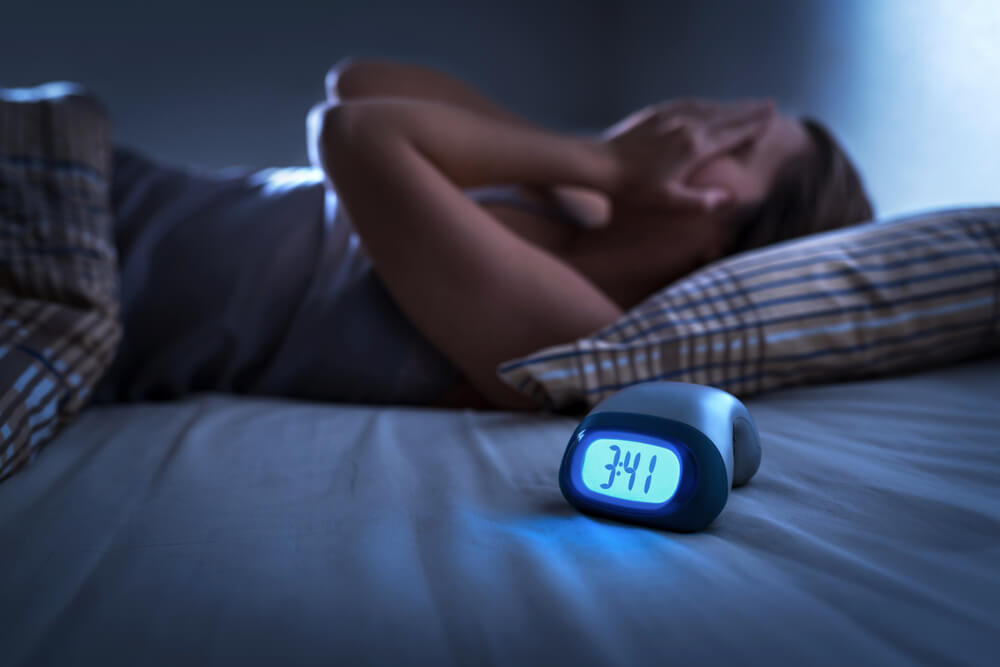HRT, or hormone replacement therapy, is a type of treatment where female hormones (estrogen and progesterone) are used to help the body maintain a healthy level of estrogen because it stops producing this hormone on its own.
HRT is usually used to help women fight symptoms of menopause, which include, amongst others, hot flashes and vaginal issues. Also, HRT helps with the reduction of bone fractures and bone loss.
Although hormone therapy for women has been proven to be a good solution for issues with reproductive health, many pieces of research have proven that there are different risks associated with using HRT.
If you are looking for hormone replacement therapy for menopause, be aware that your chosen doctor must elaborate more on the potential risks of this type of treatment. The expert team at My OBGYN Specialists is responsible and experienced enough to advise and guide all the patients about the potential risks of hormone therapy for women.
Types of Hormone Therapy
Taking into consideration that hormone replacement therapy is mainly used to replace the hormone estrogen in the body, there are two main categories of estrogen therapy:
- Low-dose products used via the vagina: Low-dose preparations of estrogen come in the form of cream, tablets, or a ring, and they present the minimum amount of estrogen absorbed in the body. Due to this, a low-dose type of therapy is used most often just to treat urinary or vaginal symptoms when it comes to menopause.
- Systemic hormone replacement therapy: This type of therapy is taken in the form of pills, patches, rings, sprays, gels, or creams which contain a higher amount of estrogen. Due to this, many different symptoms of menopause can be treated with this type of HRT.
What is very important to mention when speaking about the types of hormone treatment is that if your uterus is still in place, the doctor usually prescribes doses of progesterone alongside estrogen. If only estrogen is taken, there is a possibility that the lining of the womb will start growing and increase the risk of endometrial cancer. If you had a hysterectomy (removal of the uterus), then you do not need additional progesterone doses.
What Are the Signs That You Need Hormone Replacement Therapy?

As with any potential treatment options, there are particular signs and symptoms indicative of what kind of treatment you need. If you are wondering what the signs are that you need hormone replacement therapy, below we present a list of symptoms that are usually recognized as potential reasons to start taking HRT.
- Decreasing sex drive is a significant sign because the lack of estrogen is usually responsible for the changes in the libido
- Mood swings
- Hot flashes
- Night sweating
- Loss of hair
- Issues with the urinary tract
- Insomnia
- Itching and burning in the vaginal area
- Memory loss
- Depression
All of these signs should be discussed with your chosen doctor, especially if you are going through menopause, before deciding to start hormone replacement therapy for menopause.
How Does Hormone Therapy Work?
Your chosen general practitioner should prescribe hormone replacement therapy. Usually, you can start HRT right after experiencing symptoms of menopause; some doctors do testing before advising HRT, while others do not.
So how does hormone therapy work? Patients usually start with low dosages because there needs to be a trial and adjustment period since different people react differently to HRT. This dosage can be increased later on, but it takes at least a few weeks to see the benefits of the treatment and potential side effects.
Experts usually recommend trying hormone replacement therapy for three months to see if the symptoms wear off. If they do not, the dosage or the type of HRT is changed, and the patient goes through the adjustment process again.
There is no limit to how long one can take HRT, so women usually stop using it when they stop experiencing menopause symptoms after a certain number of years. You can stop suddenly or choose to do it gradually, but it is recommended to do it step by step to not shock the organism and prevent the symptoms from reoccurring.
Is the Treatment Suitable for Me?
The majority of women who are experiencing the abovementioned symptoms are suitable for HRT. That said, there are certain situations when women are not ideal candidates for this treatment, such as:
- A history of cancer (breast cancer, ovarian cancer, and uterus cancer)
- History of blood cloth issues
- High blood pressure which is not treated and controlled
- Liver condition
- Pregnancy
If you cannot take hormone replacement therapy due to health conditions, try other methods of reducing symptoms of menopause, such as cutting down on coffee and alcohol, practicing meditation and relaxation, using nonhormone prescription drugs, and others.
Risks of HRT
As mentioned previously, hormone replacement therapy for women carries risks that need to be clear to all patients starting this treatment method. In this article, we listed some risks, but this is in no way a final list, so please speak to your doctor to get a more detailed explanation.
Risks include:
- Heart disease
- Formation of blood cloths
- Breast cancer
- Strokes
What significantly affects the development of conditions caused by HRT are the following factors:
- A history of health issues such as cancer, strokes, liver disease, heart issues, and the like in your family, or your anamnesis, increases the chance of developing such conditions while using HRT, so please share all the necessary information with your chosen doctor.
- Age is a significant factor when it comes to hormone replacement therapy and risks because women who are above 60 years old are at a greater risk of developing the abovementioned conditions due to HRT.
- What type of hormone replacement therapy you take can also be a risk factor for the development of different conditions – sometimes HRT also contains progesterone, and sometimes only estrogen.
Risk Reduction

When it comes to potential reduction methods, there are some recommendations experts give to decrease the risks of the negative impact of hormone replacement therapy. These recommendations include choosing the right form of HRT application, be it gel, cream, spray, ring, pill, patch, etc., as well as taking the lowest possible amount of hormones needed. Also, it’s vital to have regular check-ups with the doctor and lead a healthy lifestyle that includes both a healthy diet and regular physical exercise.
Are You Wondering Whether You Need HRT?
Our expert team is ready to help you decide if you are eligible for hormone replacement therapy, so schedule an appointment and talk to a doctor about the potential options for your particular situation. HRT is an excellent method of controlling menopause symptoms, so it is just a matter of your health history and preferences. Call us!


